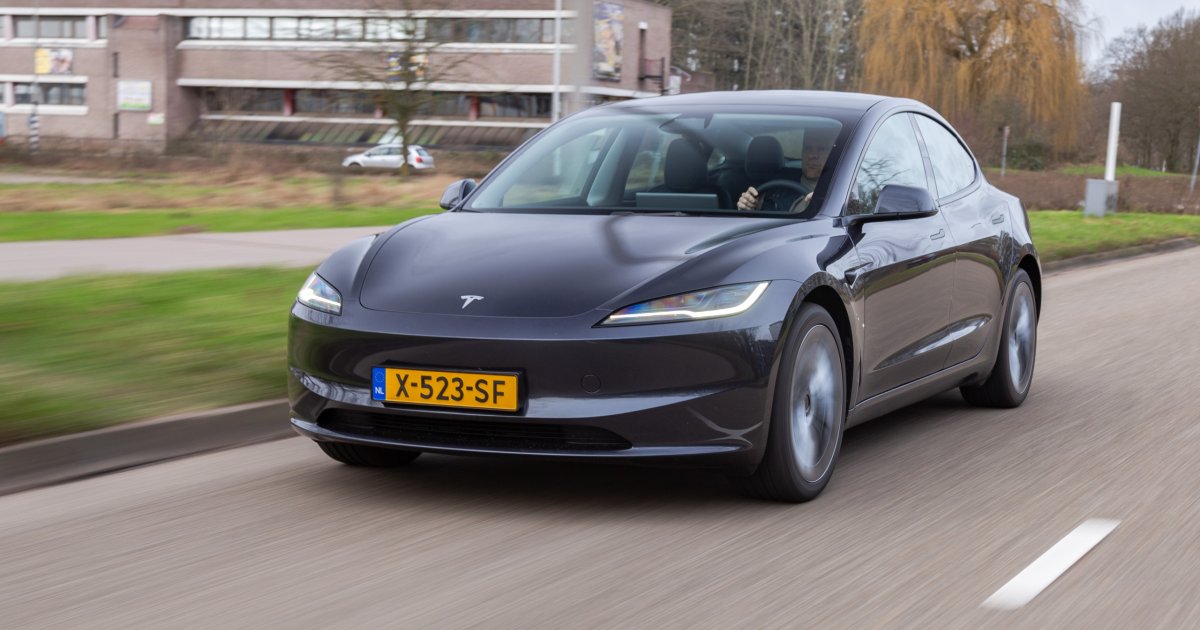The lack of clarity about road tax for electric cars is coming to an end. This will be aligned with the MRB for petrol cars less quickly than initially planned. But EV driving will become more expensive in any case.
According to RTL News the outgoing cabinet will announce these plans in the new Spring Memorandum. The Spring Memorandum will be submitted to Parliament no later than June 1.
EV drivers will be spared longer
Currently, EV drivers do not pay a cent in road tax. In the original plans, they would pay a quarter of MRB in 2025 and the full amount from 2026. What was only unclear – and still remains – is which rate would serve as the basis. For the time being, we will continue to use the MRB rate for petrol cars.
Stay up to date on car taxes with our newsletter!
Tip
Full MRB electric cars from 2031
The new plans are slightly less bad for people with an electric car. In 2025, EVs will remain exempt from road tax. From 2026, payment will have to be made, but instead of the full rate, the Tax Authorities will then charge ‘only’ 60 percent. From 2029 this will be 65 percent and in 2031 the discount will disappear entirely.
EV road tax from 2026
What does that mean in concrete terms? Let’s take two popular electric cars as an example.
Peugeot e-208 50 kWh
Tesla Model 3 Single Motor
Weight
1430 kg
1701 kg
60% mrb (2026)*
44 euro
60 euro
65% mrb (2029)*
48 euro
65 euro
100% mrb (2031)*
73 euro
99 euro
*Province of Utrecht, based on current petrol rate.
Gasoline car comparison
For comparison: a Peugeot 208 PureTech 100 weighs 1065 kilos and costs 47 euros in road tax per month. If you drive a new BMW 320i instead of a Tesla Model 3, you pay 82 euros in road tax every month.
The outgoing cabinet wants to implement the changes to keep electric driving attractive in the coming years. Because electric driving remains one of the means to achieve the CO2 targets. To finance the proposed measures, the drivers of plug-in hybrids are screwed. They will actually pay more.
Moreover, we still have to deal with the final implementation of the proposals, because the House of Representatives and the Senate still have to have their say about it. In addition, the RAI Association, which represents the interests of importers, has advocated a weight correction of 400 kilos. This proposal was included in the plans.
To be continued!


